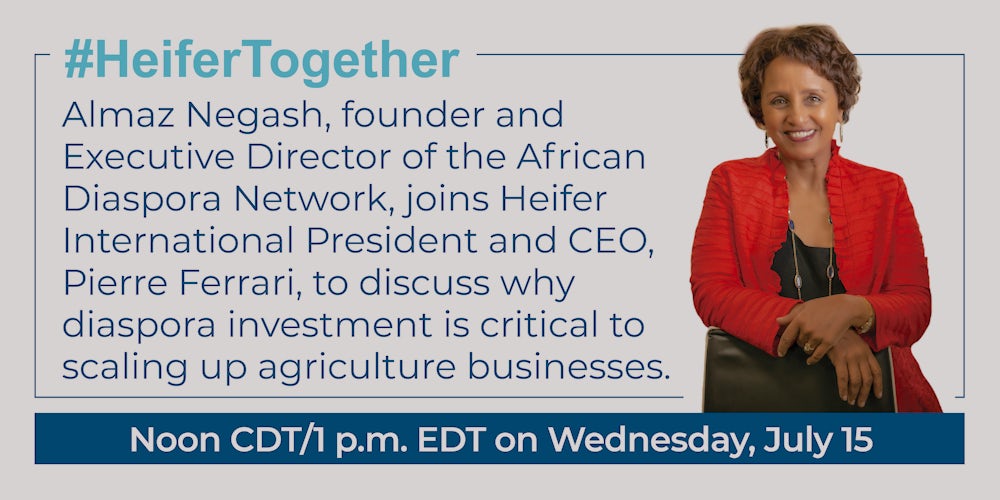On her most optimistic days, renowned chef, food critic and writer Ruth Reichl can see rays of hope for the United States food system, even during this time of global crisis. Americans are cooking at home, families are sitting down to eat meals together and consumers are starting, once again, to show an interest in buying sustainably grown, local food. On pessimistic days, though, she fears that the coronavirus pandemic sweeping the globe will level small farms and independent restaurants for good, leaving a completely industrialized food system in its wake. Either way, she posits, there’s no going back. “I know that one of these two things will happen,” said Reichl. “What this pandemic is doing is changing, forever, the way America eats and cooks.”
During her #HeiferTogether discussion with Heifer CEO Pierre Ferrari on July 8th, Reichl discussed some of the failures of our food system that COVID-19 has laid bare:
The key takeaway? It’s time for us to care about what we eat and where it comes from. If we don’t, we may lose the small farms and independent restaurants that we so desperately need. The choice is up to us.
“Pay attention to food,” Reichl said. “Really pay attention, understand what the system is and agree that you’re willing to pay what food actually costs. I think that’s the biggest message.”
The conversation with Reichl is a part of a speaker series, #HeiferTogether, which is about the state of farmers around the world during the COVID-19 pandemic. In the live, 20-minute virtual conversations, Ferrari talks to experts about the present and future of our global food and farming systems, small farming in the United States, tech in agriculture, farming as it relates to the environment, and more.

Upcoming webinars include conversations with Almaz Negash, founder and executive director of The African Diaspora Network, on July 15 and Karen Washington, founder of Rise & Root Farm and co-founder of Black Urban Growers, on July 24.
